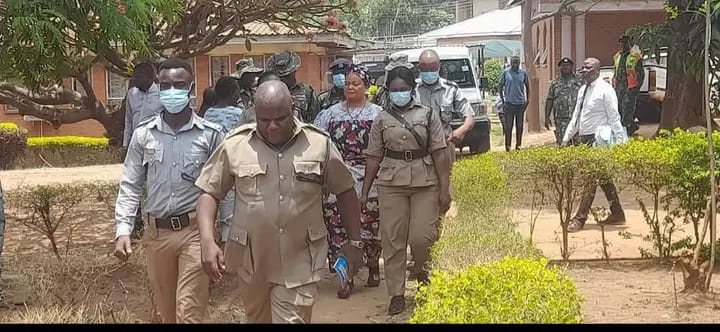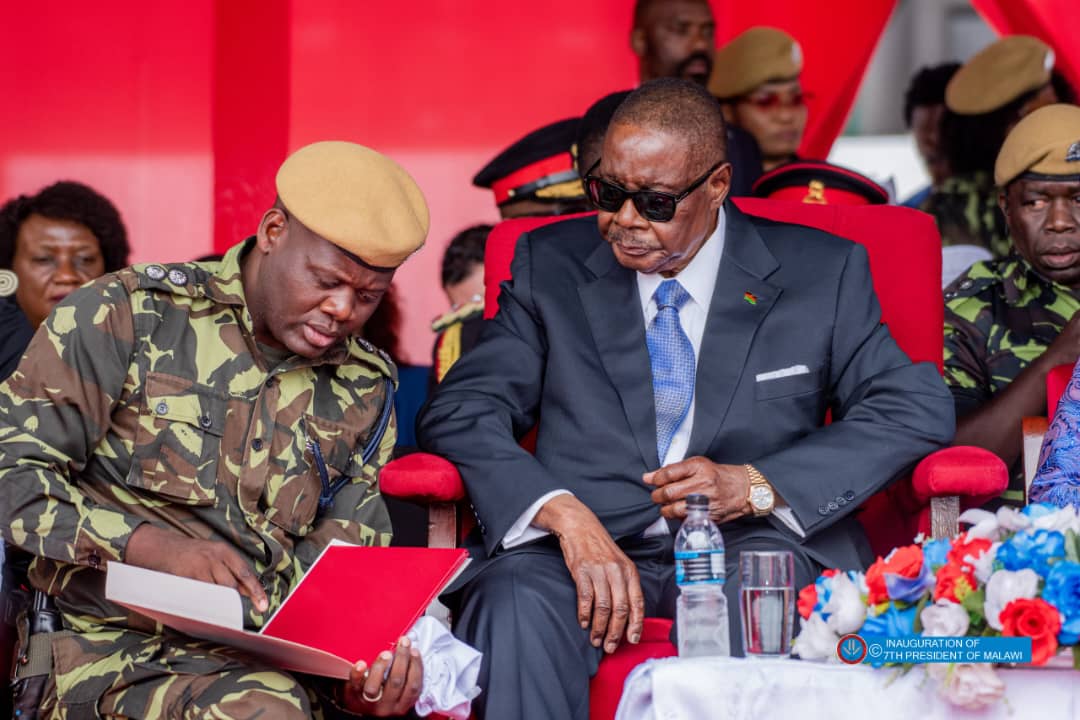By Burnett Munthali
The appearance of UTM Party Secretary General Patricia Kaliati at the Principal Residence Magistrate Court in Lilongwe marks a critical moment in Malawi’s political and legal landscape. Kaliati, a seasoned politician with a long-standing career in public service, was arrested last Thursday, drawing significant attention and raising questions about the nature of the charges brought against her.
Kaliati’s prominence in Malawi’s political sphere, especially as a key figure in the UTM party, adds weight to the proceedings. As Secretary General of UTM, she holds a critical position within the party structure, making any legal challenges against her a matter of public interest. Her court appearance is likely to generate intense media coverage and public debate, as it could have far-reaching implications for her party’s standing and the overall political climate in Malawi.
The Charges and Their Significance
While the exact nature of the charges against Kaliati has not yet been made public, there is considerable speculation about the legal basis for her arrest. The lack of detailed information has left many wondering whether the charges are politically motivated or rooted in legitimate concerns about her conduct in public office. Given Kaliati’s strong presence in opposition politics and her role in the UTM party, some may view these legal proceedings through a political lens, suspecting that they may be part of broader political maneuvering ahead of upcoming elections.
However, others believe that her arrest could signal a shift toward greater accountability for political leaders, reflecting a legal system that holds individuals in power responsible for their actions, irrespective of their political affiliations. If the charges are proven, it could demonstrate the effectiveness of the legal framework in tackling corruption or abuse of office within Malawi’s political class.
Political Impact
For the UTM party, this case comes at a time when the political terrain is highly charged. As a key member of the Tonse Alliance government, UTM plays a crucial role in shaping Malawi’s current governance. Should the case against Kaliati take a serious turn, it could disrupt the party’s internal cohesion and its influence within the alliance.
Furthermore, the case could have a polarizing effect on the party’s supporters and the general public. On the one hand, Kaliati’s supporters may view this as a witch hunt aimed at diminishing her influence and that of the UTM party. On the other hand, political opponents could seize this moment to criticize UTM’s leadership, painting this legal entanglement as indicative of deeper issues within the party.
Public Reaction and the Rule of Law
The public response to Kaliati’s case is likely to be mixed. Her supporters will be eager to see her exonerated, while critics may hope the charges are serious enough to weaken her politically. In either case, the public will be closely watching how the judiciary handles this case, as it is a test for the integrity of Malawi’s legal system. If the case is perceived to be handled fairly and transparently, it could strengthen trust in the rule of law in the country.
The broader implications of this case will depend on how the legal process unfolds and whether due process is followed. If the charges prove to be baseless or politically motivated, it could fuel discontent and erode public confidence in the legal system and political institutions.
Conclusion
Patricia Kaliati’s appearance before the Principal Residence Magistrate Court is a moment of reckoning for both her and Malawi’s political landscape. The outcome of this case will not only affect her personal and political future but could also have significant ramifications for UTM and the country’s politics at large. As the legal proceedings continue, much will depend on the transparency and fairness of the process, which will ultimately determine whether this case is seen as a legitimate pursuit of justice or a politically charged attack.
We will continue to follow developments in this case and provide further analysis as more information becomes available.




